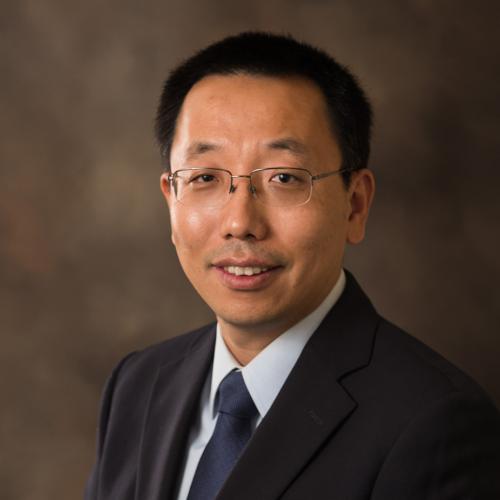In addition to killing insects and weeds, pesticides can be toxic to the environment and harmful to human health. A new project led by Associate Professor Dong Wang and Huichun Zhang, Frank H. Neff Professor of Civil Engineering at Case Western Reserve University, will help scientists mitigate the environmental and ecological risks of pollutants such as pesticides and develop remediation strategies for cleaner water, soil, and air. The researchers have received a three-year, $402,773 National Science Foundation (NSF) grant for their project, "Machine Learning Modeling for the Reactivity of Organic Contaminants in Engineered and Natural Environments."
According to Wang, of the more than 100,000 synthetic (mostly organic) chemicals, thousands have been released into the environment to become organic chemicals. Examples include pesticides, petroleum hydrocarbons, organic solvents, flame retardants, and pharmaceutical and personal care products.
"To mitigate or assess the risks associated with these contaminants, it is important to understand their fate and transport in the environment, such as biodegradation and sorption on soils/sediments. In both cases, there is a major need for quantitative models that allow prediction of the reactivity of organic contaminants in these processes," he said.
Existing models that are used to predict the reactivity of organic contaminants rely heavily on conventional statistics. For their project, the researchers will develop machine learning models to predict the reactivity of thousands of these contaminants in engineered and natural environments.
"Machine learning models will help environmental scientists to better model the fate and transport of pollutants and predict their degradation rate. With these new models, we can not only design better water treatment and remediation processes but also provide more accurate estimates to help contaminant risk assessment," said Wang.
Wang's research interests lie in the areas of human-centered AI, social sensing, big data analytics, and human cyber-physical systems. His work has been applied in a wide range of real-world applications such as misinformation detection, social network analysis, crowd-based disaster response, intelligent transportation, urban planning, and environment monitoring. He holds a PhD in computer science from the University of Illinois Urbana Champaign.
